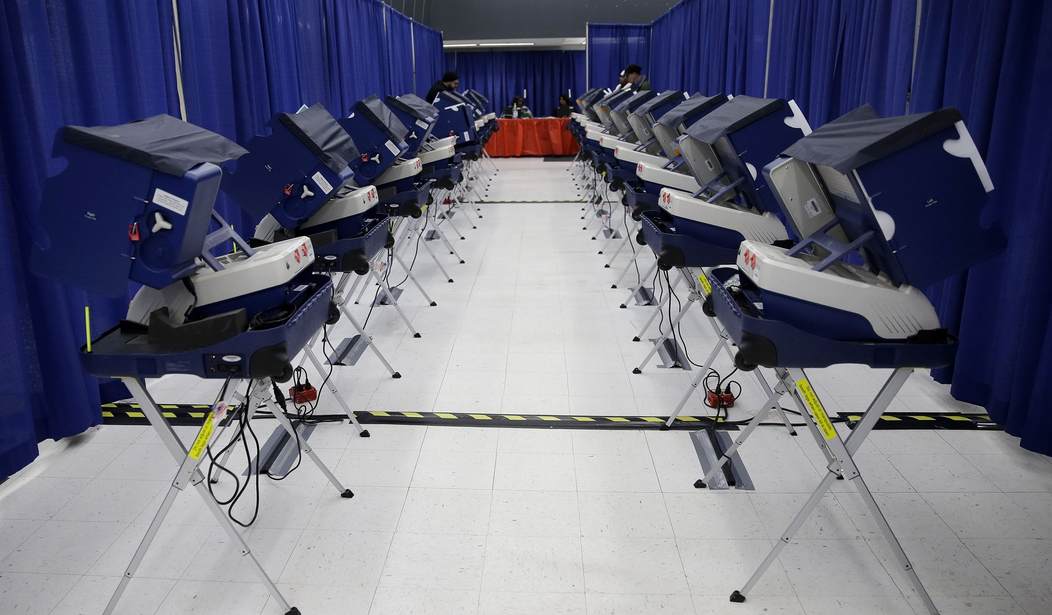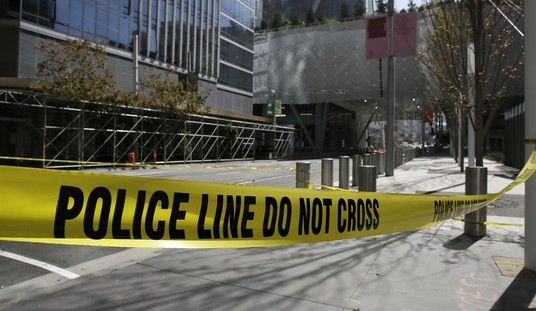In late October, Politico reported that the Biden administration intended to address the nation on election security. Although the Politico report stated that “national security officials are tracking multiple threats to the nation’s election security infrastructure ahead of the midterms,” on Oct. 30 the Director of the Cybersecurity and Infrastructure Security Agency (CISA), Jen Easterly, indicated that there were no “specific or credible” threats that could disrupt election infrastructure this midterm.
Should there be a major hack, we may not see the obviously biased pro-Biden media run with the story unless it benefits the Democrats. We can probably also assume that if the GOP has a big night and a report of even minor malfeasance surfaces, the information we get from the intelligence and security communities may also carry overtones of political favoritism.
In late 2020, just weeks after the Presidential election, former CISA Director Christopher Krebs was fired by former President Donald Trump after a CISA press release of a joint statement from the Elections Infrastructure Government Coordinating Council and the Election Infrastructure Sector Coordinating Executive Committees. The release proclaimed that “The November 3rd election was the most secure in American history. Right now, across the country, election officials are reviewing and double checking the entire election process prior to finalizing the result.”
The CISA press release also oddly noted that, “While we know there are many unfounded claims and opportunities for misinformation about the process of our elections, we can assure you we have the utmost confidence in the security and integrity of our elections, and you should too,” and urged Americans who have further questions to “turn to elections officials as trusted voices as they administer elections.”
Despite the claims made in the press release, in hotly contested Georgia — a state that would become the center of the American political world in January of 2021 as elections that would decide control of the Senate took place — a very significant cyber event took place less than a month ahead from the 2020 Election. The matter in question saw Hall County, Georgia’s voter signature database compromised and disabled on Oct. 7, 2020. The hack affected the records of nearly 180,000 registered voters in the county. The issue of voter signatures in Georgia in particular has been a matter of contention between the parties.
For our VIPs: Are Election Day Problems a Feature or a Bug?
This episode came several years after a “white hat” hack in 2016 that was executed by cybersecurity researcher Logan Lamb. The hack exposed very serious vulnerabilities in the Georgia election system. At the time, Lamb claimed that he was moved by the media’s reporting of supposed Russian interference in the 2016 election. He then started his research on Kennesaw State University’s Center for Election Systems, which was responsible for programming the voting machines in the state of Georgia that election.
His research led him to easily access and download almost 15 GB of Georgia voter data, including registration records for 6.7 million voters as well as login credentials that were created for poll workers for use in the 2016 Election.
Georgia is one of the more equally divided states in terms of Democrats and Republicans as well as the host of a Senatorial election that may ultimately decide control of the upper chamber of Congress. These developments over the past several election cycles should not be so easily glossed over or downplayed by any intelligence official, especially individuals who reside at the very top of the American intelligence and security community like Easterly and Krebs.
Perhaps no other security issue surrounding this election carries the potential to genuinely affect outcomes like the fact that at least seven states and Washington, D.C. are using wireless modems to transmit unofficial election results to their central offices. These modems can easily be hacked by even novice malicious actors and could lead to vote tallies being manipulated and further creating distrust in the election system.
“We now have to worry about anybody getting access to a communication network that is fundamentally open,” Matt Blaze, a Georgetown University computer science and law professor who has studied voting systems, told POLITICO last month.
It can certainly be argued that the differences in election protocols between states creates equal protection issues for voters in perpetuity. The lax standards in states managed by officials who claim that requiring voter ID or reviewing signatures on mail-in ballots or ballot requests is racist marginalize the vote of Americans living in states that take a more sober and commonsense approach to administering elections.
The truth is that major voting reform centered around a voting ID requirement is long overdue in America. It is a standard requirement in many developed countries, and lack of uniformity in requiring ID only opens the process to possible fraud. Whether the media and Big Tech want to admit it, there have been several examples of voter fraud in the U.S., and American taxpayers deserve security in the process.








Join the conversation as a VIP Member